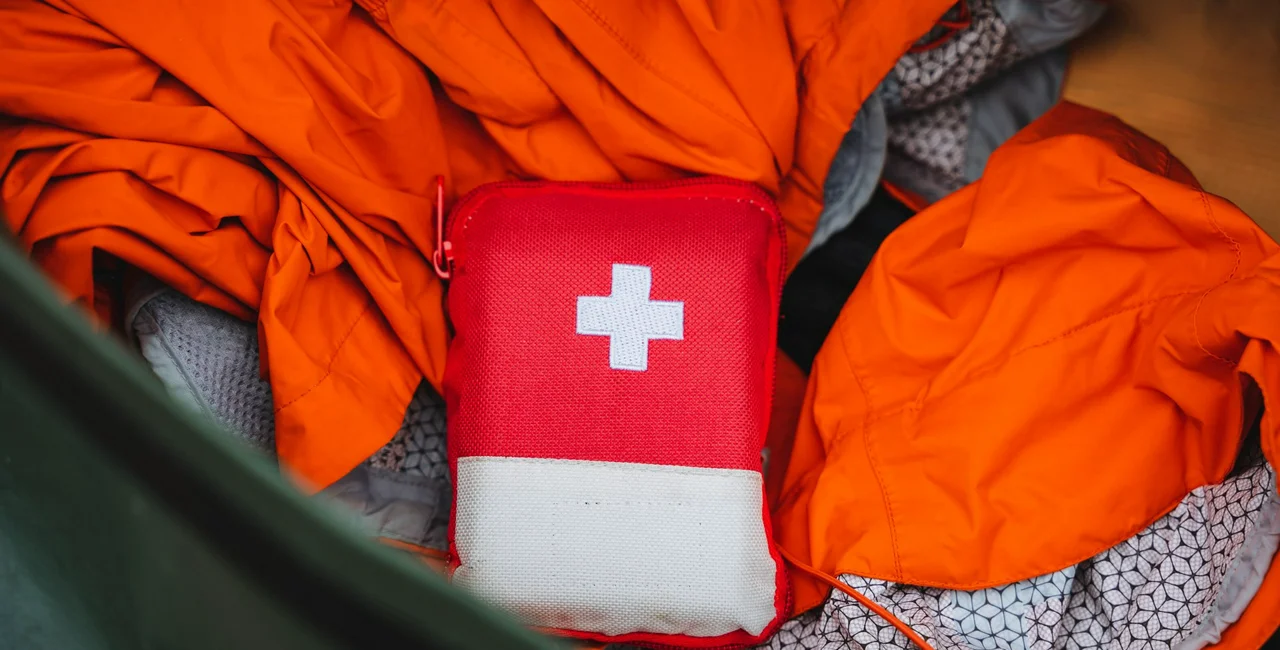Despite the ongoing war in Ukraine, Czechia has yet to fully embrace comprehensive preparation for potential crises or conflict. In response, the government has adopted a new concept for the Preparation of Citizens for State Defense (POKOS), acknowledging shortcomings in crisis readiness and proposing steps to address them.
The Ministry of Defense, which spearheaded the initiative, found that schools lack sufficient crisis education, adult training is nearly non-existent, and public administration and businesses remain unprepared for emergencies. The POKOS plan, approved by the government Wednesday, focuses on enhancing education and awareness without reviving controversial school military training.
Key measures include training university educators to teach students how to respond to threats, shelter during attacks, and administer basic first aid. Physical education and military clubs will also receive more support.
“We’ve neglected crisis preparation for 30 years, relying instead on our professional rescue systems,” retired general František Mičánek told Novinky. He warned that local governments and public administration are ill-prepared for large-scale emergencies, calling for better training at all levels.
“If Ukraine hadn’t prepared its reserves, it would have ceased to exist long ago. The same applies to Israel,” Mičánek said.
Should basic war or crisis preparation be part of school education in Czechia?
Pilot program aims to educate, not sow panic
A pilot project at Charles University’s Faculty of Education aims to prepare teachers through a new defense and security course. If successful, the program may expand nationwide. The government also plans to provide municipalities and schools with practical guidance on crisis management.
As part of the program, the government aims to enhance university teachers’ training to effectively educate children on recognizing threats, responding to them, finding safe places to hide during an attack, and providing basic first aid.
However, Czechia’s approach stops short of Sweden’s detailed crisis preparedness campaigns, which include brochures on nuclear attack protocols.
“We must strike a balance to avoid causing panic,” explained Jan Jireš, senior director of the Defense Policy Section at the Ministry of Defense, who added that in Sweden, no one has a problem with a leaflet coming to their mailbox on how to behave in the event of a nuclear war. “But that's not the case here,” he said.












 Reading time: 2 minutes
Reading time: 2 minutes 



























